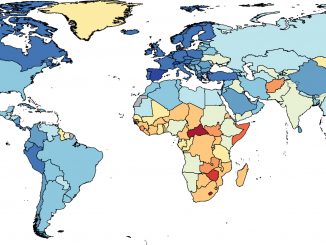
Can you “catch up” on sleep?
Can you use the weekends to “catch up” on missed sleep? A new study published in the journal Current Biology seems to indicate that you can’t.[1] In this study, a number of participants were split up into three groups. Two groups slept only 5 hours per weeknight, and the other slept 9 hours per night. One group that slept less during the week were allowed to sleep as much as they wanted on the weekend – to “catch up”. This didn’t prevent that group from gaining weight – due to metabolic dysregulation from the lost sleep. The researchers concluded that: “Weekend recovery sleep did not prevent weight gain or reduced insulin sensitivity” Insulin sensitivity is an important factor in maintaining [Read more …]

